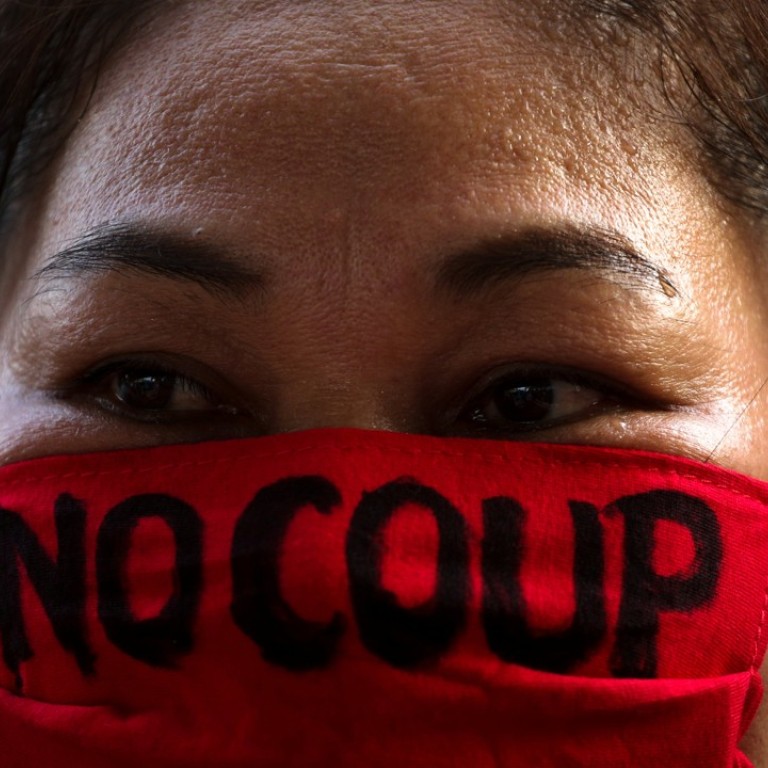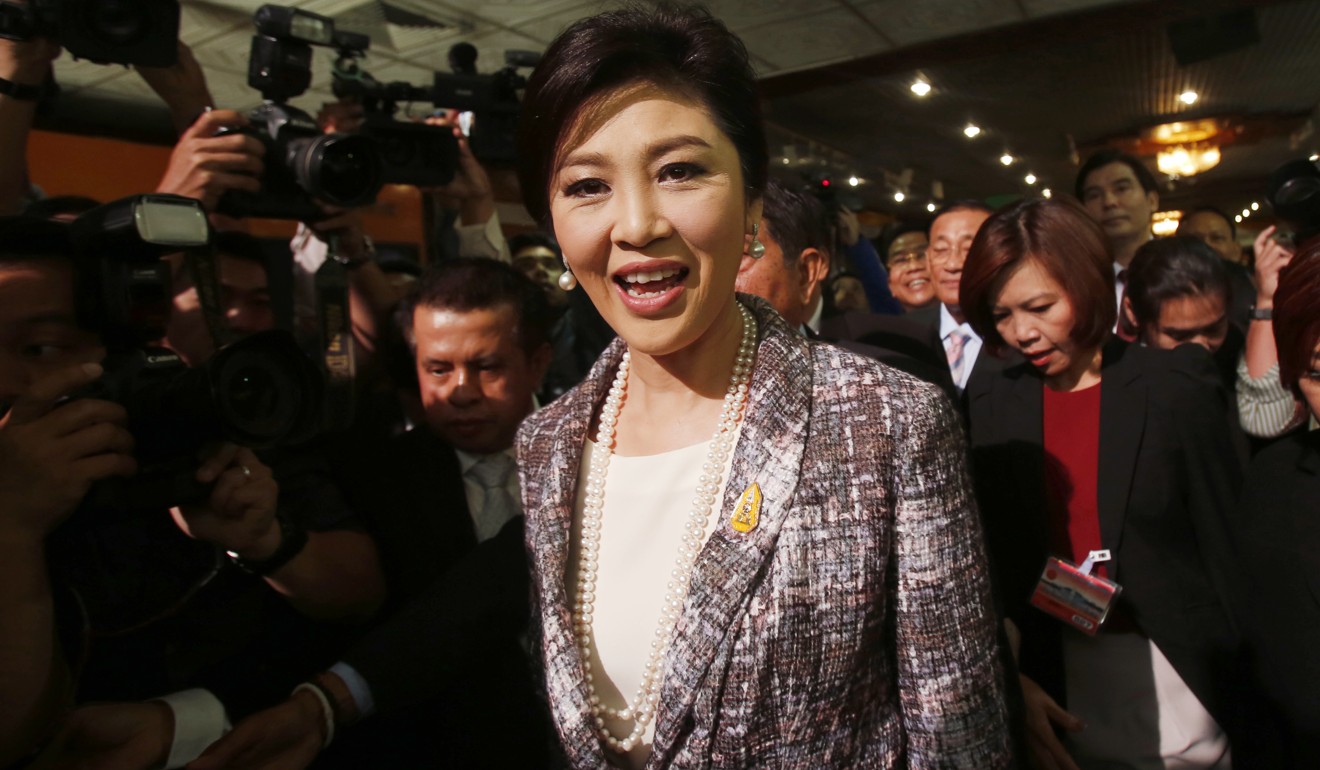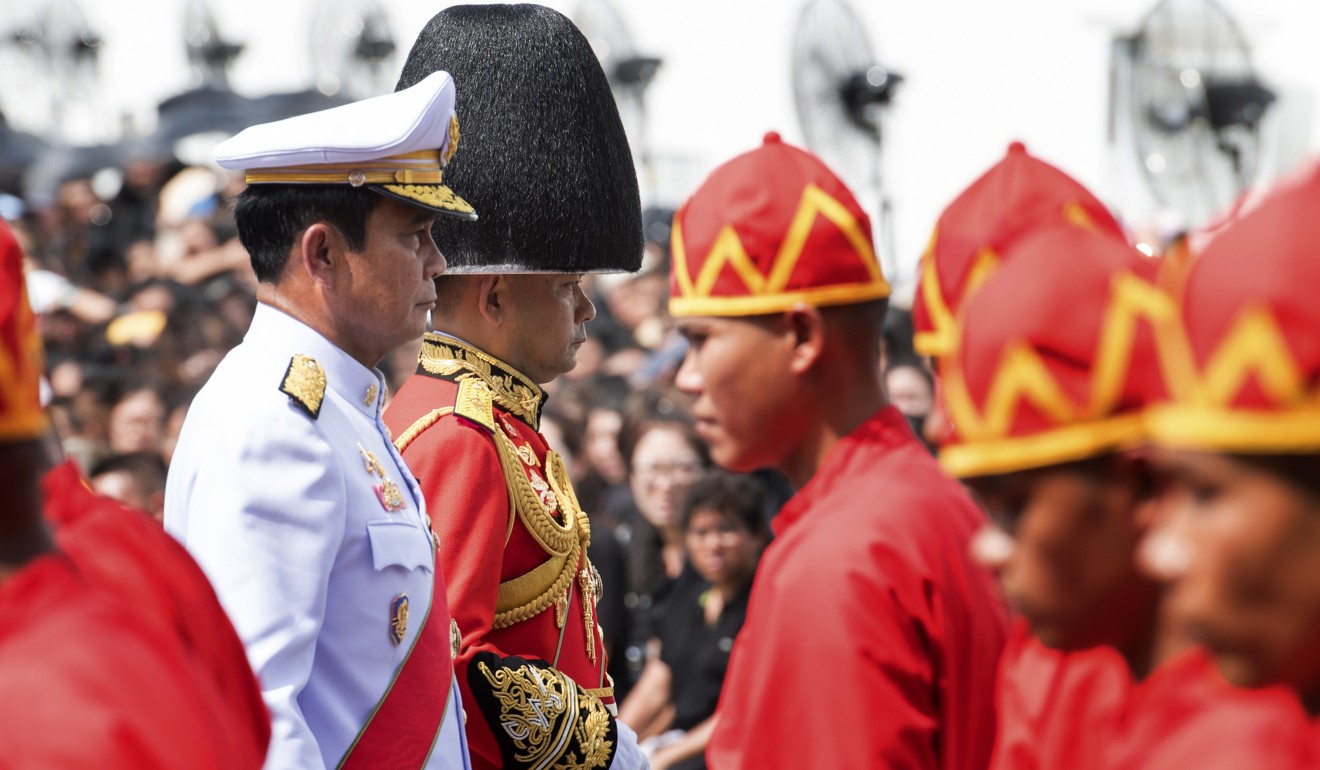
Thai military’s grip on power won’t ease any time soon
Pavin Chachavalpongpun says the latest postponement of a long-promised general election underlines the junta’s fear of the Shinawatra family’s lingering influence, at a time when the new king is still settling in
Last week, Thailand’s junta-appointed legislature voted to delay the implementation of an election law that would effectively postpone the general election to 2019. This is the fourth time the generals have broken their promise to return power to the voters.
If investors’ confidence is shaken, it might threaten the Thai economy and the position of the military government. But, for the Thai junta, current political uncertainties may threaten its long-term political interests.
Therefore, the military relies mostly on its delaying tactic, which also gives the junta room to manoeuvre, to continue battling a perceived threat from the Shinawatra faction.
Thailand’s junta emerges from one year of mourning stronger than ever

The fear of what remains of the Shinawatras’ political influence has been intensified by constant rumours of their intimate ties with King Vajiralongkorn. The royal transition is still ongoing, with no fixed plan for a coronation. The volatility of the situation has driven the military to hold on tightly to power. General elections, as the junta sees it, could shift the political landscape to the benefit of the Shinawatras.

Thailand’s king endorses annual reshuffle of 990 military leaders
King Vajiralongkorn has never suggested that the military must step down soon to pave the way for democracy. Indeed, he needed the army to secure his enthronement. Thus, a palace-military alliance has been renewed.
The military is set to continue playing a prominent role in Thai politics in the months to come. There seems to be no exit to the Thai stalemate any time soon.
Pavin Chachavalpongpun is associate professor at Kyoto University’s Centre for Southeast Asian Studies

